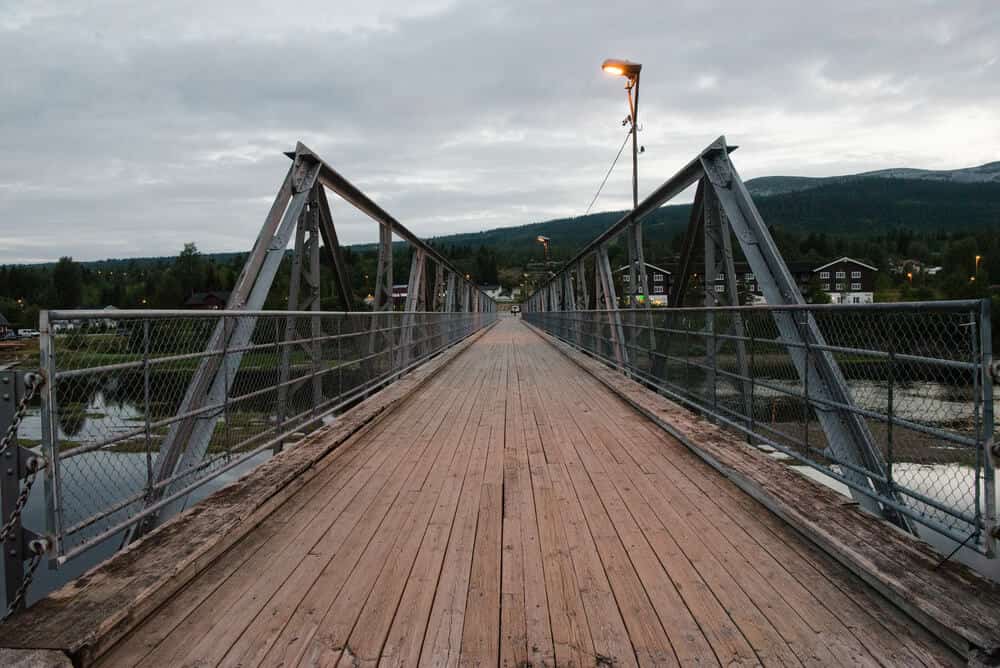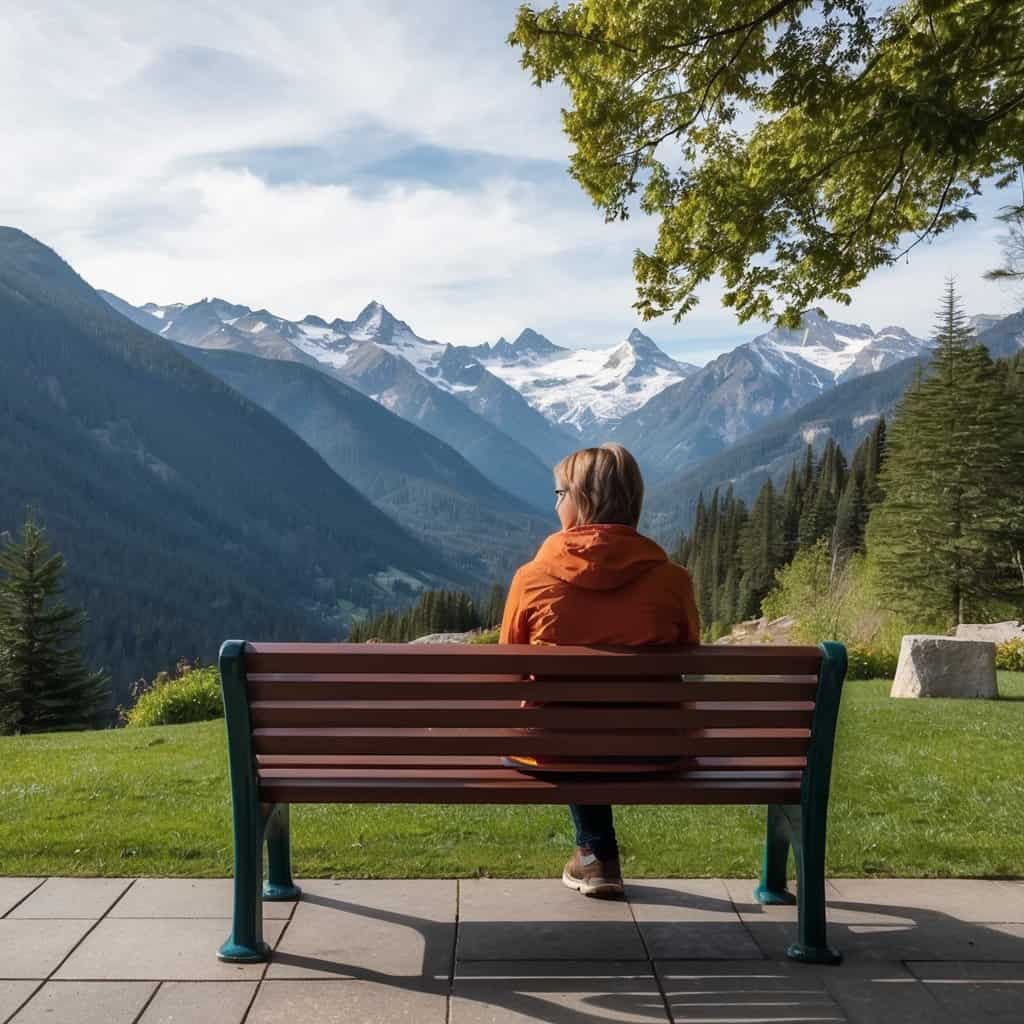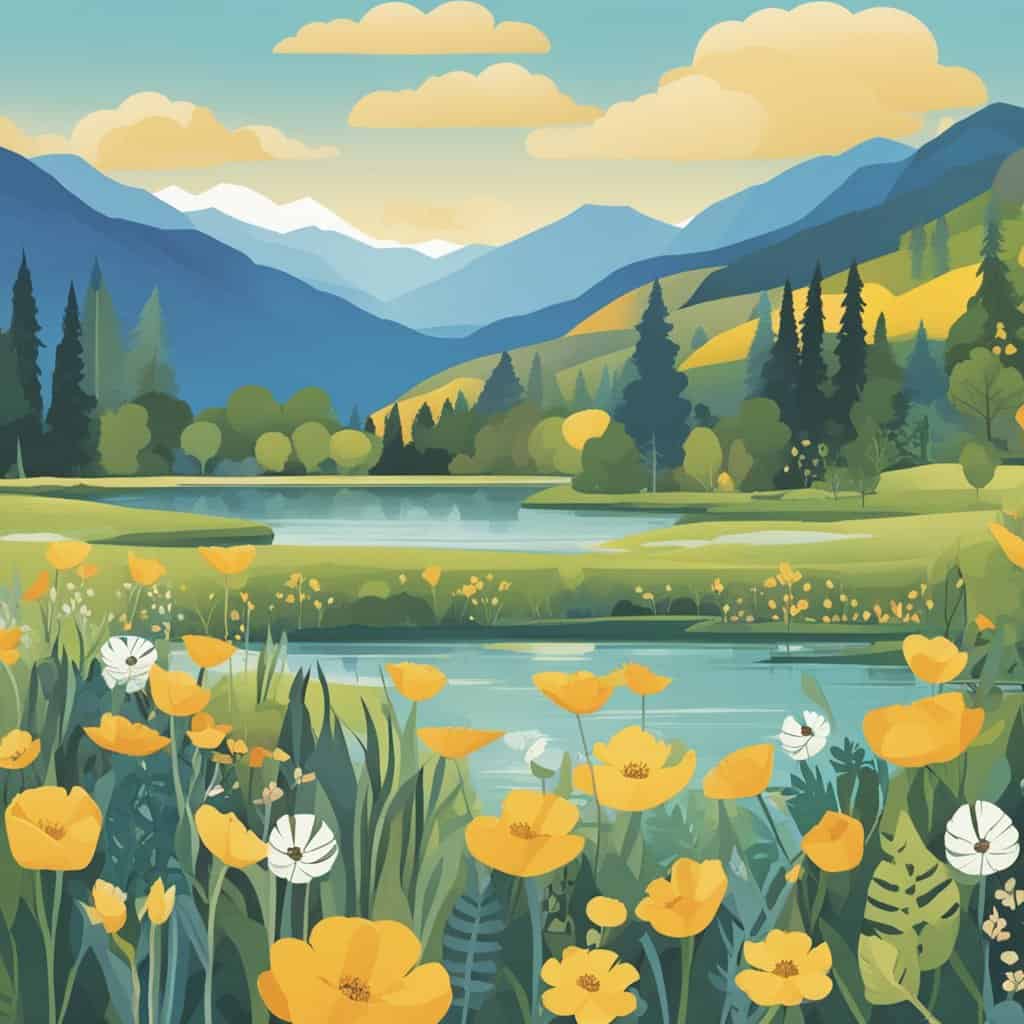There’s no one path to retirement. For some, it may be a time of leisure and relaxation, while others may find themselves busy with new hobbies or leisure activities.
However, when you decide to retire, regardless of age and how you choose to spend your retirement years, there are typically four stages that everyone goes through.
The First Stage: Pre-Retirement
Pre-retirement is when you ease out of work, and retirement looms shortly. The eager to retire stage or pre-retirement stage usually lasts a few months to a few years. You will start to prepare for retirement mentally and emotionally during this time. For example, you may begin downsizing your home or saving money for retirement expenses.
You eagerly anticipate retirement, but it’s still somewhat of a dream. So you may take some time off to relax and travel, or you may start downsizing your lifestyle in preparation for retirement. You begin looking at what you do in your leisure time as a retirement planning strategy. This leisure review is why this retirement stage is also referred to as the “leisure” stage or the “I’m just beginning to realize the dream.”
You eagerly anticipate retirement, but it’s still somewhat of a dream. Making a list of your current hobbies and activities will help you decide if there are changes you need to make now to have the retirement lifestyle you want later. You may also want to take this opportunity to start paying down debt and increase your savings to have more financial security in retirement.
The Second Stage: Early Retirement
The early retirement stage is a trial stage or a transitional time when you leave your work-life behind and transition into retirement. For example, you may have to pass on some tasks to others, or there may be some other loose ends to tie up at work.
Perhaps you may be taking a few months or years to make the complete retirement switch from your job and work a few days a week rather than full-time. This “I can’t wait for the day my work is done” stage can be a time of excitement and new beginnings. Still, it can also be challenging as you adjust to not having a regular income anymore and must budget accordingly. In addition, you no longer have the people and things that have been a part of your life for so long.
This stage can be difficult because it’s often a time of upheaval and change. You’ll need to adjust to a whole new lifestyle, and it may take some time to find your groove. However, with determination and patience, you will eventually settle into retirement. It is normal to feel a range of emotions during this stage, including sadness, loneliness, confusion, and even anger.
You will need to find ways to fill your days and use your newfound free time. As your leisure time increases and your relationship with work and the people at work begins to fade, assist yourself in this transition by focusing on meeting new people with similar interests. Explore what leisure means to you and take some time so give yourself the room and permission to expand your social circle.
At this stage in retirement, many people join social clubs, try new or old favorite leisure pursuits or take up new hobbies. Many people choose this stage to travel or take up new hobbies. Others become more involved in their community or spend more time with family and friends.
The Third Stage: Middle Retirement
The “stability” or “settling” stage is the third retirement stage, middle retirement. During this phase, you start to focus more on what you want to do. For example, you may be spending more time exploring your new surroundings and trying out new activities.
You may start to think about how you want to spend the rest of your retirement years. You may find that you’re still adjusting to fully retiring, and you are unsure what you want to do with all this newfound time. That’s okay; it takes time to figure out what works best for you.
The middle retirement stage is typically the longest stage of retirement. It can last for decades, giving you plenty of time to enjoy all that retirement offers, a time when you may start slowing down a bit and spending more time with family and friends. You may also become more involved in your community or take up volunteering.
The Fourth Stage: Late Retirement
The late retirement stage is the “enjoying” and “decline” stage and is the final retirement stage. You finally settle into retirement and start to enjoy it at this stage. You have found your groove and know what you like to do in your leisure time. Perhaps you have traveled extensively, and now you’re ready to relax and enjoy your home base.
The “finally reaching my destination” is often considered the golden years of retirement, as people are typically healthier and have more retirement savings than in earlier stages. This stage can also be a time of increased activity, as people are more relaxed and rested, so they have more energy in retirement than they did when they were working. Your focus is on making the most of retirement.
You may also think about your legacy, how you want to be remembered and what you want to leave behind. Age-related health issues may also start to be a part of your experience so this stage can be shorter than the others, so it’s essential to make the most of it.
What Stage Are You In?
It’s important to remember that retirement is a journey, and you will likely move through the stages at different speeds. Therefore, try not to judge yourself concerning where you are in the stages of retirement. Everyone is different with unique circumstances, so there is no right or wrong way to approach retirement.
How you deal with retirement and how you can better serve yourself and your needs is the most important thing. Consider the following questions to see where you are currently. How do you feel about your current stage of retirement? Are you enjoying it? Are you feeling a little lost? If yes, check out our guide Overcoming Pitfalls of Retirement to help you with your navigation. It is essential to stay positive, change what you can and focus on the good things.
Final Thoughts
Whichever retirement stage you are in, there are many ways to enjoy your retirement years. With careful planning and a positive outlook, you can make the most of this new phase.






